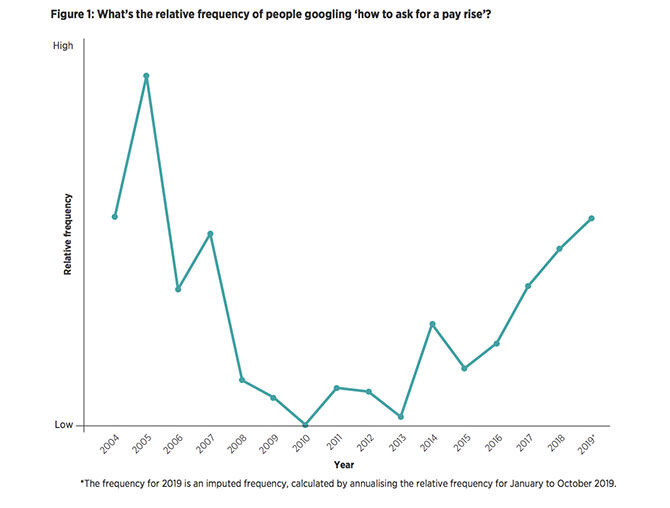CIPD urges companies to be transparent about pay, or risk being perceived as unfair
Keeping staff in the dark about pay feeds perception of unfairness, new research from the CIPD finds.

Why is it important that companies are transparent about pay?
When people don’t think they’re paid fairly, organisations reduce their chances of attracting and retaining the best talent. Employers also miss the opportunity to improve employee performance and well-being.Charles Cotton, senior reward and performance adviser at the CIPD, said, “Failure to be transparent about pay can make staff feel that they are being kept in the dark and feed a perception of unfairness.“There’s a real opportunity for organisations to do a lot more around communicating their pay policies to staff, and encouraging line managers to talk to their teams about it, so staff understand how and why such decisions are made.“But communication is only part of the story and won’t ensure people are paid fairly in the first place. Continued scrutiny over executive pay and gender pay gap reporting shows this is still an issue which many organisations are wrestling with, so businesses need to be on the front foot when it comes to understanding and assessing pay.”
How can organisations improve communication about pay?
The CIPD wants to see all organisations have a clear definition of fairness which covers both pay processes and outcomes. This should be developed with input from staff on what fair pay means to them.Medium and large employers must carry out an equal pay audit on a regular basis to ensure that they are complying with the law, as well as putting in place a narrative which explains to staff and other stakeholders what skills, behaviours, performance and values it wants from employees and how in return it will reward and recognise these.The CIPD’s Reward Management 2019 report, which surveyed 2,031 employees and 465 HR professionals, also found:- One in five workers (20%) think the pay of their CEO is ‘about right’.
- Three in five people (60%) report that their line manager has never explained to them why they get paid what they do.
- Less than a fifth (18%) of employers have a formal process to assess and manage pay risk.
- Only 39% of employers have carried out an equal pay audit in the past three years to ensure they are complying with the law.
- Only a third (30%) of employers have a definition of what fair pay means within their organisation.
Read the CIPD Reward Management 2019 report in its entirety.
For more news and features, visit our HR section.
Subscribe to Relocate Extra, our monthly newsletter, to get all the latest international assignments and global mobility news.Relocate’s new Global Mobility Toolkit provides free information, practical advice and support for HR, global mobility managers and global teams operating overseas. Access hundreds of global services and suppliers in our Online Directory
Access hundreds of global services and suppliers in our Online Directory
©2026 Re:locate magazine, published by Profile Locations, Spray Hill, Hastings Road, Lamberhurst, Kent TN3 8JB. All rights reserved. This publication (or any part thereof) may not be reproduced in any form without the prior written permission of Profile Locations. Profile Locations accepts no liability for the accuracy of the contents or any opinions expressed herein.






























